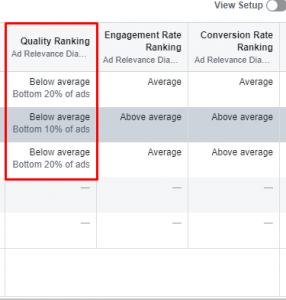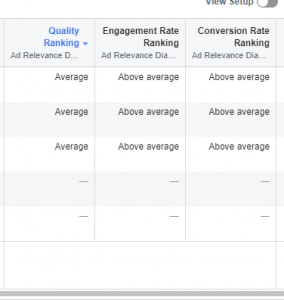- Jun 1, 2018
- 87
- 75
- Awards
- 5
- First Name
- Brian
So I've been quietly wondering lately about Facebook reactions and whether they may affect your post's engagement and exposure.
The question: Do you think "Angry" and "Sad" reacted posts are pushed down in the Facebook algorithm to reduce negative content on feeds? I'm a firm believer that Facebook has dopamine targets to keep people hooked and have the addictive urge to scroll and consume. A negative post would naturally be pushed down, right? Food for thought.
(In other words, post quality and unique content that promotes happy engagement from the correctly targeted audience)

The question: Do you think "Angry" and "Sad" reacted posts are pushed down in the Facebook algorithm to reduce negative content on feeds? I'm a firm believer that Facebook has dopamine targets to keep people hooked and have the addictive urge to scroll and consume. A negative post would naturally be pushed down, right? Food for thought.
(In other words, post quality and unique content that promotes happy engagement from the correctly targeted audience)








